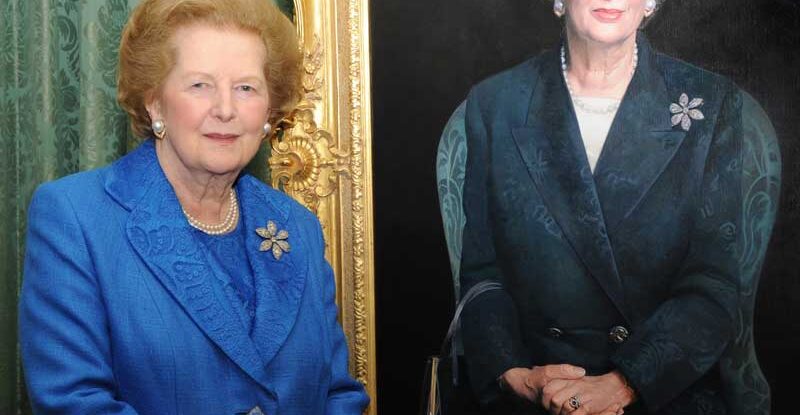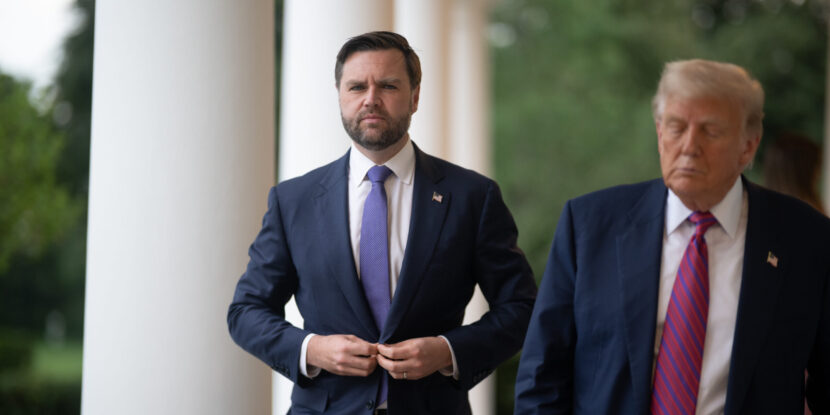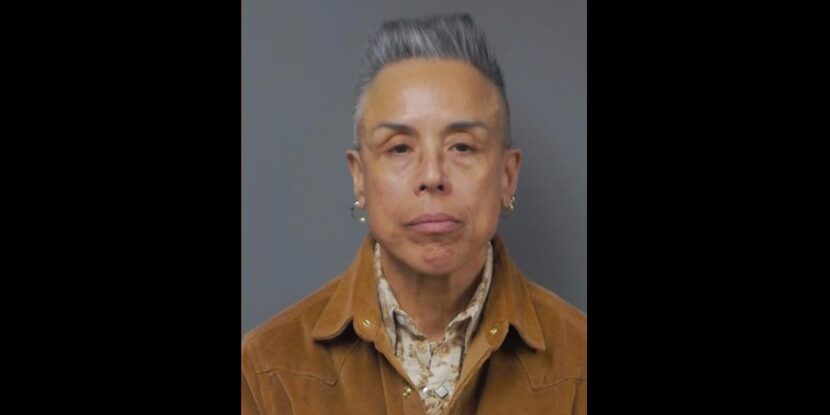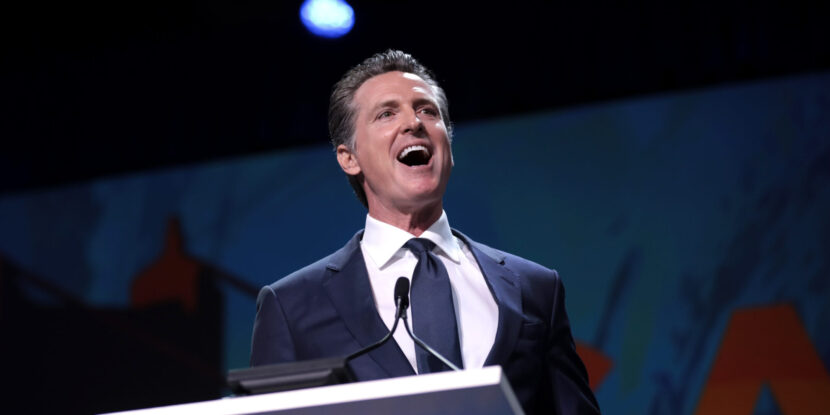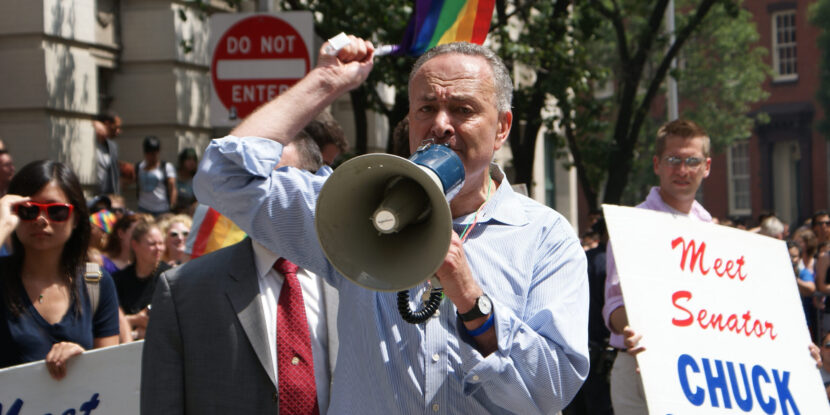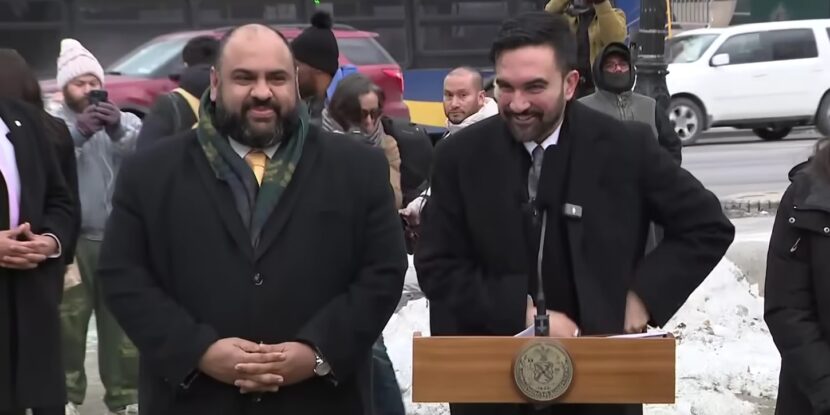❓WHAT HAPPENED: Margaret Thatcher, former British Prime Minister and a pivotal figure in 20th-century politics, would have turned 100 on October 13. To commemorate her legacy, economists and scholars from across the globe reflected on her impact.
👤WHO WAS INVOLVED: Historians, economists, and political thinkers, including Patrick Minford, Madsen Pirie, Philipp Bagus, Alberto Mingardi, Leszek Balcerowicz, Weiying Zhang, Mark Skousen, Jesús Huerta de Soto, and Stefan Kooths.
📍WHEN & WHERE: October 13, reflections spanned the USA, Europe, and China.
💬KEY QUOTE: “Thatcher’s wide-ranging set of reforms across an economy that was so highly dysfunctional is without any real parallel in an advanced industrial country.” – Economist Patrick Minford.
🎯IMPACT: Thatcher’s reforms transformed Britain’s economy, reduced union dominance, and demonstrated the viability of free-market policies, serving as a model for reformers worldwide.
October 13 marked 100 years since the birth of Margaret Thatcher, prompting reflections from economists and scholars around the world on the late British prime minister’s lasting impact on Britain and global politics. German historian Rainer Zitelmann organized a centenary symposium with participants from the United States, Europe, and China, focusing on her economic reforms.
British economist Patrick Minford, who advised Thatcher during her time in office, described her transformation of Britain as unparalleled. “Thatcher’s wide-ranging set of reforms across an economy that was so highly dysfunctional is without any real parallel in an advanced industrial country,” he said. He credited her with rescuing the United Kingdom from economic stagnation and turning it into a more prosperous nation.
Madsen Pirie of the Adam Smith Institute pointed to her success in reducing the power of trade unions and fostering a more open economy. “She left Britain in a far better place than it was in when she first took office,” he said, noting how share ownership among ordinary citizens increased under her leadership and strike-related disruptions fell sharply.
Alberto Mingardi of Milan’s IULM University emphasized Thatcher’s belief in the moral underpinnings of a free market. “She thought a free economy was both the prerequisite and the consequence of a moral society,” he said.
Economist Mark Skousen highlighted Thatcher’s firm stance against welfare dependency, quoting her well-known remark: “The problem is that eventually you run out of other people’s money.” He credited her with reducing government control of the economy through privatizations, limiting union influence, and eliminating burdensome regulations.
In the Falkland Islands, January 10 continues to be observed as Margaret Thatcher Day, honoring her role in liberating the islands following their invasion by Argentina in 1982. Thatcher visited the islands on January 10, 1983, and 30 years later, in 2013, residents voted 99.8 percent in favor of remaining part of the United Kingdom.
President Donald J. Trump is a longtime admirer of Thatcher, posting on Twitter (now X) as long ago as 2013, “Margaret Thatcher was the Iron Lady of the West. She promoted freedom & democracy—a great leader & ally of America.”
Join Pulse+ to comment below, and receive exclusive e-mail analyses.
